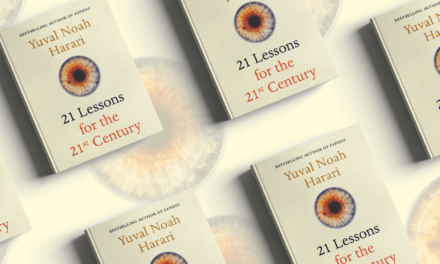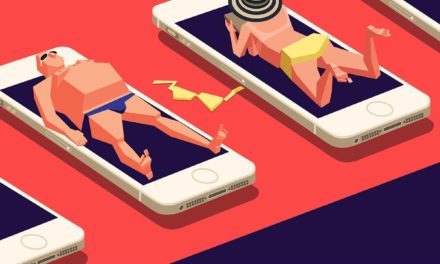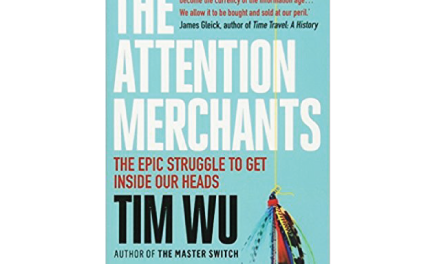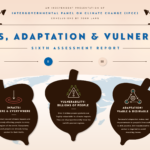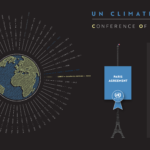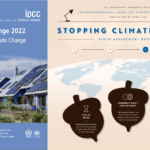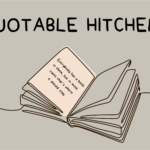Going Cold Tech Turkey: A Q&A With Anastasia Dedyukhina

Do you know anyone who has ditched their smartphone? Anastasia Dedyukhina has made a career out of it. A digital marketer for over ten years, she grew tired of being constantly connected and tethered to her phone. So, in 2015 she tossed away her devices and launched her own company Consciously Digital. She now speaks publically about tech use, and caught up with Alex to discuss digital detoxes, Barack Obama’s fashion sense and her new book Homo Distractus.
Anastasia, you’ve consulted and spoken publicly about healthy digital living for a few years. Why write a book?
Homo Distractus is an attempt to have a public discussion of where the direction of tech progress is taking us. There is huge hype around start-ups and tech saving the world, so it’s kind of rebellious to ask such a question. But we must ask them, as while tech can be useful, it’s not the ultimate solution, and more importantly, it is not neutral. It is shaped by the culture, economy and personalities of its creators. So there should be space for debate about the direction of the tech progress – and this book is an attempt to raise this debate.
In the book you describe the Silicon Valley as creating an ‘economy of distraction’. How has this happened and why is it dangerous?
All of our devices and apps are created to keep you on them for as long as possible. This is because many companies in the Silicon Valley measure success by user time spent on device, website or app. This results in notifications and addictive design features which amplifies day-to-day distractions. Consider the rabbit hole of looking something up online, and then two hours later find yourself on a completely random website, mindlessly clicking on links, with no idea how you got there. Take a look at your browsing history, you’ll be shocked by how many irrelevant websites you visit, and you don’t even remember about it!
This is the danger of being constantly distracted, as the energy and focus we lose on cat videos could have been used to do things that make us happy or are important. What you pay attention to ultimately becomes your life experience. This attention energy is limited, and instead of feeding our lives, we feed the businesses of tech giants.
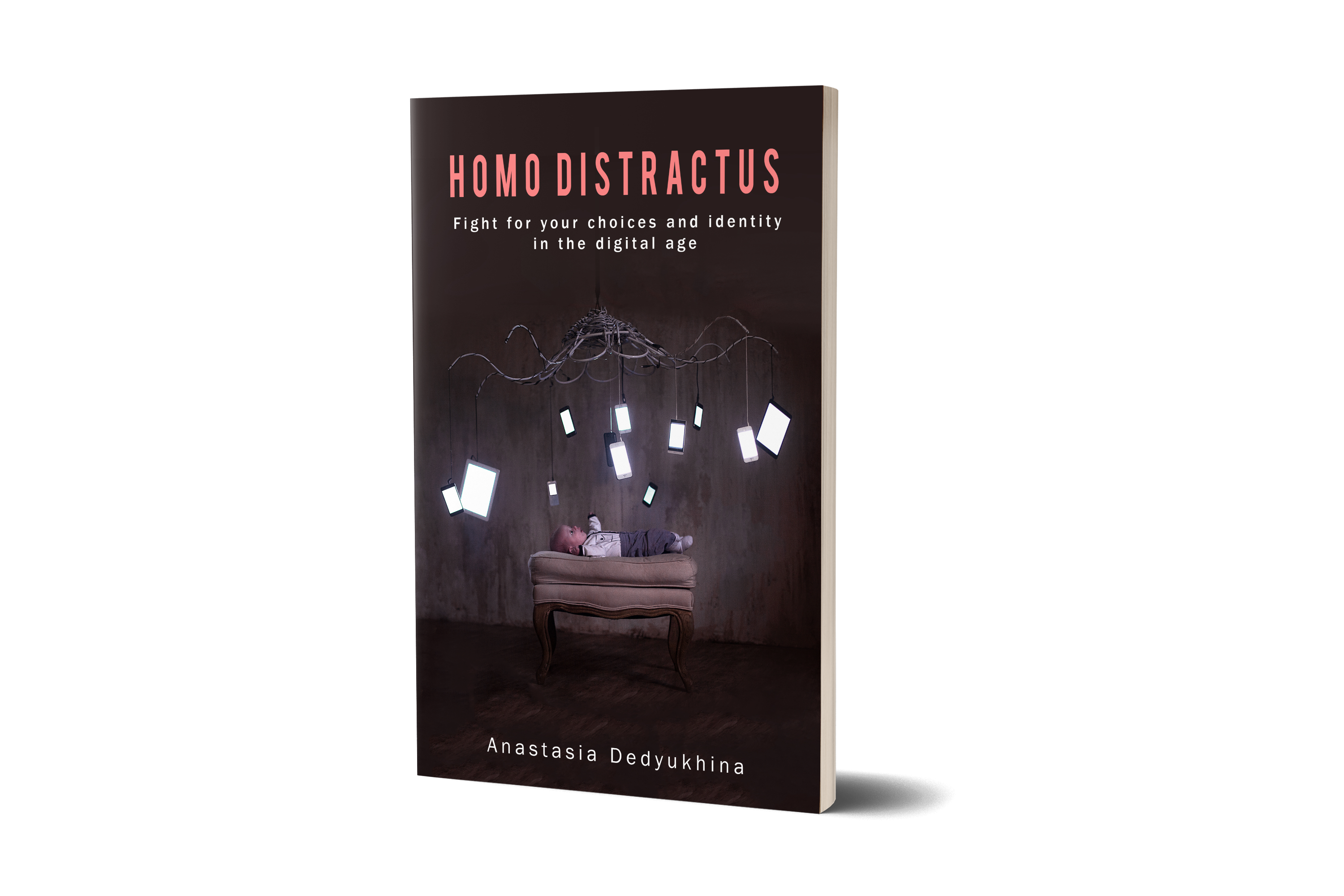
You also argue that personal willpower isn’t enough to resist the distractions brought about by digital tech. This may surprise a few people. Are we not resilient enough?
I don’t think it’s about a lack of resilience, but more that our willpower diminishes with every choice we’re forced to make. There’s evidence for this: an experiment at Stanford University found once people exhausted their attention and willpower by making lots of insignificant choices, they were more likely to make a decision against their best interests. This is why Barack Obama often wore the same sets of clothes – to minimize any insignificant choices.
If we want to take better decisions and have more energy, we need to learn to minimise unnecessary choices that we are exposed to on a daily basis. The internet presents us with choices all the time, and most of them are irrelevant. Every time you see a link, your brain makes this micro choice whether to click it or not. The mere presence of your smartphone, even when it’s off or in your bag, makes you distracted. It’s like being on a diet and having a chocolate bar in your pocket – of course, you will sooner or later eat it!
A part of the book that made me laugh was that people today expressly choose to stay at hotels with no wi-fi. Why have digital detoxes become a thing?
Because it’s so hard to rely on our willpower alone, so people feel relieved when there’s somebody who tells them to get rid of their smartphones. We have a legitimate reason to not to be on top of everything all the time, and for our brain it’s extremely rewarding. Many couples choose digital detox tours as a way to revive their relationships.
But aren’t these digital detoxes becoming increasingly difficult or costly? What do you say to those with kids or elderly parents, whose relationships depend on a digital connection, and can’t just turn of their phones?
There is always a compromise. For instance, why not try a phone which doesn’t have access to the internet? There’s a growing market for these, including one in Germany that can only call and send texts, that’s marketed around €300. Another dumb phone was launched in India recently, and was out of stock in two hours! But there are also much more affordable alternatives, like the old-school Nokia, which is now launching in Australia as a “digital detox” phone.
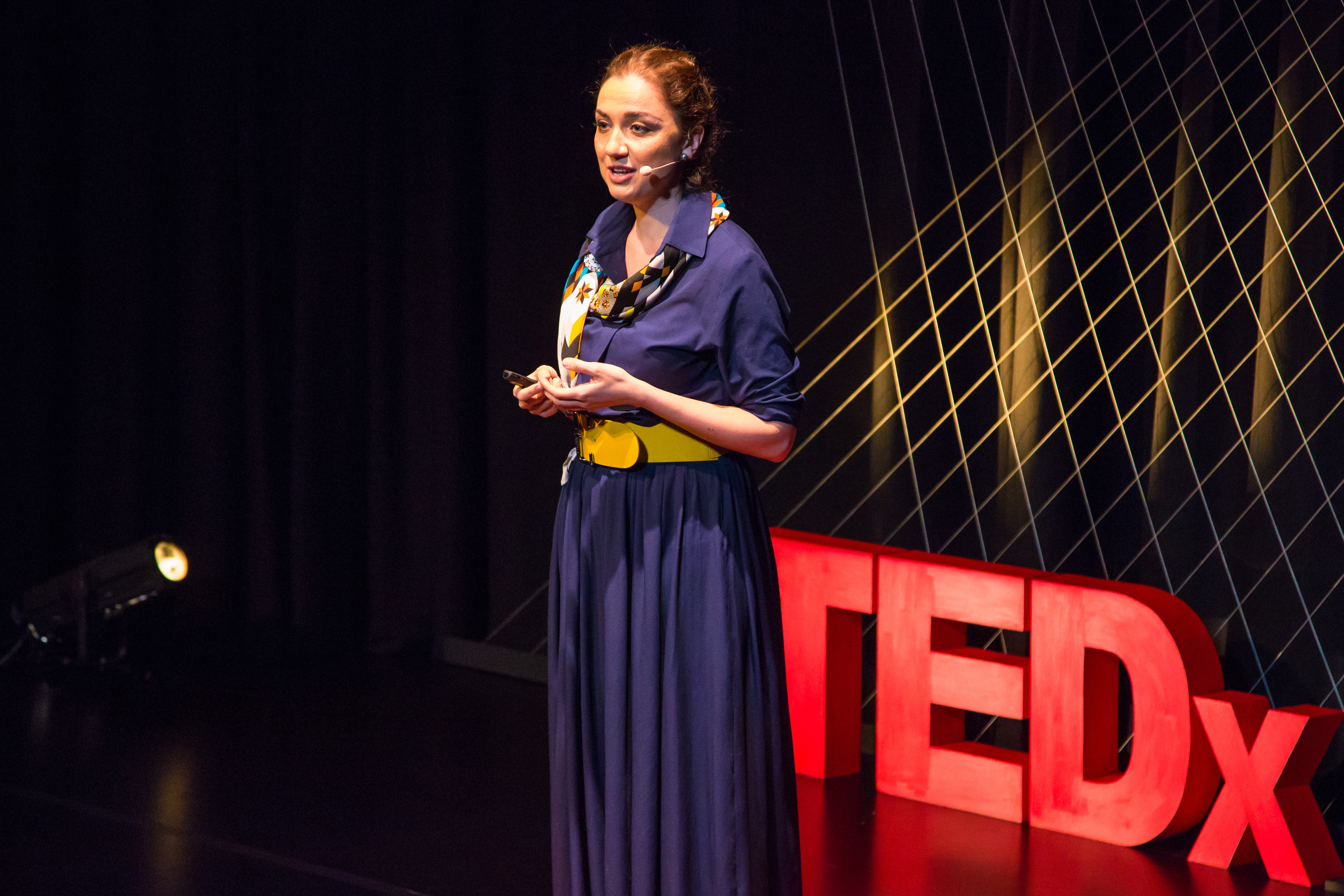
Are you worried about being labelled a technophobe? Isn’t smartphone addiction just the latest in a long history of human moral panics?
I’m not anti-tech or think that people should abandon their smartphones. I’m more about using tech mindfully. What I mean by this is that being “always on” is damaging, and it needs to be balanced with time spent along and with others in person. One thing I stress is that people should set up their own rules, such as restricting tech use to particular times or places.
We are sold this myth that we need to be connected 24-7, and we should be afraid of missing out, but this is not human! If you are always on top of everything, you have no time for creativity or introspection. I’ve talked to a few creative people for my book, one of them a Grammy-winning artist Corinne Bailey Rae, and she says that she needs to “get lost in the moment” when she’s creating, and there’s no way she could do that with her tech around.
Lastly, if you could suggest one recommendation for people to change their digital habits, what would it be?
Switch off your notifications. They are telling you what to do and how to react. If you don’t have notifications, then leave your phone out of your room. It will do wonders to your sleep.
—
Anastasia is launching a crowdfunding campaign for Homo Distractus on 11 October 2017. Find out more about it here.
